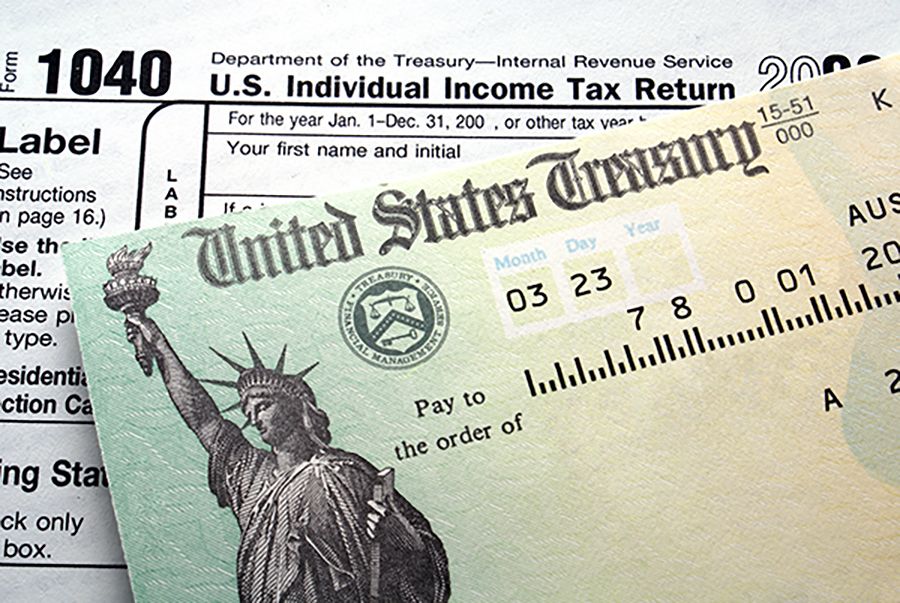
Tax season can be stressful. While the IRS has extended the tax filing deadline to May 17, which may alleviate some of that anxiety, you still need to worry about another thing – tax scams.
During this time of year, especially as people are rushing to file their taxes, identity thieves purporting to be from the IRS are attempting to see what confidential information they can collect from unsuspecting victims. However, there are ways you can protect your personal data by being aware of the most common scam.
A scammer posing as a member of the IRS will try contacting a victim via phone call, email, or text. Your phone may even show “Internal Revenue Service” in the caller ID. The scammer may identify themselves with a badge number and even know the last four digits of your Social Security Number to make it appear as though they are a legitimate IRS employee.
At this point, the scammer will claim you owe the IRS back taxes or that there’s a problem with your tax return. They’ll demand that you pay money or face serious consequences, like being arrested. Payment may be requested in the form of a prepaid debit card or wire transfer. Victims who fall prey to this soon realize that they’ve handed their money and information over to thieves.
It’s important to note that the IRS only contacts people by mail – not via phone, email, or text. Also, the IRS will not demand specific forms of payment, like wire transfers. If you receive a similar communication, there are easy ways to determine whether you’re actually being contacted by the IRS:
As soon as you can, visit identitytheft.gov to report suspected tax identity theft to the IRS and the FTC. You’ll need to complete an IRS Identity Theft Affidavit (Form 14039) to start a personal recovery plan. As always, any information you’ve divulged that you think may impact your WCM accounts can be reported to the ITS Service Desk.